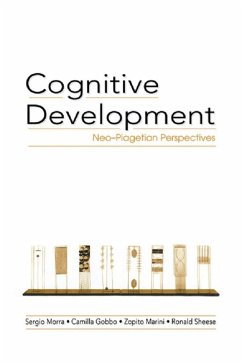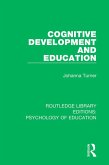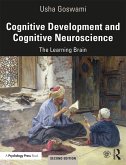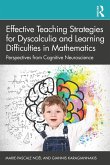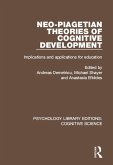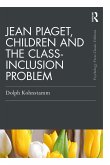The opening chapter provides a historical orientation, including a critical distinction between the "logical" and the "dialectical" Piaget. In subsequent chapters the major theories and experimental findings are reviewed, including Pascual-Leone's Theory of Constructive Operators, Halford's structuralist theory, Fischer's dynamic systems approach to skills, Case's theory of Central Conceptual Structures, Siegler's microgenetic approach, and the proposals of Mounoud and Karmiloff-Smith, as well as the work of others, including Demetriou and de Ribaupierre. The interrelation of emotional and cognitive development is discussed extensively, as is relevant non neo-Piagetian research on information processing. The application of neo-Piagetian research to a variety of topics including children's problem solving, psychometrics, and education is highlighted. The book concludes with the authors' views on possibilities for an integrated neo-Piagetian approach to cognitive development.
Dieser Download kann aus rechtlichen Gründen nur mit Rechnungsadresse in A, B, BG, CY, CZ, D, DK, EW, E, FIN, F, GR, HR, H, IRL, I, LT, L, LR, M, NL, PL, P, R, S, SLO, SK ausgeliefert werden.

